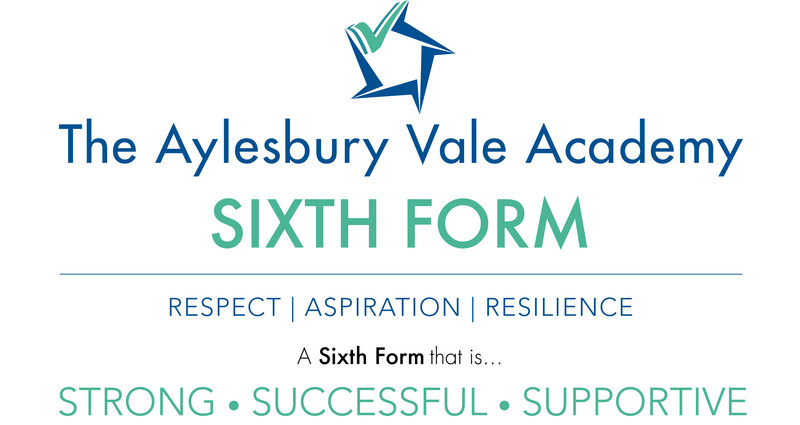
This course provides an attractive alternative to the traditional ‘A’ Level to bring a more hands-on learning approach to the teacher of Information Technology. This course includes a blend of theory and practical to help prepare students to take the next steps in their career in the fields of Business and or Computer Science. The content of this qualification was developed in consultation with academics to ensure that it incorporates current trends and practices in the field of Computing and ensure that learners develop the knowledge and skills to enable progression into higher education. In addition, employers and professional bodies have been consulted on the content development to confirm its relevance to current industry practice used in IT and related occupational disciplines. Pearson BTEC L3 Extended Certificate in IT is equivalent to ‘1 A Level’. It is designed to be taken as part of a programme of study that includes other appropriate BTEC Nationals or A Levels. They allow for direct entry into the university or apprenticeship. This qualification can lead to progression to the following degrees: • BA Business Studies • BSc Information Systems • BSc Computer Science
Overall, the course consists of 4 MANDATORY units. Two units are externally assessed, and TWO units are internally assessed. Unit 1: Information Technology Systems Information technology systems, including the relationship between software and hardware, and the issues related to IT systems (Externally Assessed) Unit 2: Cyber Security and Incident Management Types of cyber security attacks, the vulnerabilities in networked systems and how to plan and respond to attacks. (Externally Assessed) Unit 3: Website Development The development tools, techniques and processes used in website development and how to test usability, functionality, and fitness for purpose (Internally Assessed) Unit 4: Relational Database Development Structure of data, data design and database management systems (DBMS) (Internally Assessed)
About Education Provider
| Region | South East |
| Local Authority | Buckinghamshire |
| Ofsted Rating | Good |
| Gender Type | Co-Educational |
| Address | Paradise Orchard, Aylesbury, HP18 0WS |
This course provides an attractive alternative to the traditional ‘A’ Level to bring a more hands-on learning approach to the teacher of Information Technology. This course includes a blend of theory and practical to help prepare students to take the next steps in their career in the fields of Business and or Computer Science. The content of this qualification was developed in consultation with academics to ensure that it incorporates current trends and practices in the field of Computing and ensure that learners develop the knowledge and skills to enable progression into higher education. In addition, employers and professional bodies have been consulted on the content development to confirm its relevance to current industry practice used in IT and related occupational disciplines. Pearson BTEC L3 Extended Certificate in IT is equivalent to ‘1 A Level’. It is designed to be taken as part of a programme of study that includes other appropriate BTEC Nationals or A Levels. They allow for direct entry into the university or apprenticeship. This qualification can lead to progression to the following degrees: • BA Business Studies • BSc Information Systems • BSc Computer Science
Overall, the course consists of 4 MANDATORY units. Two units are externally assessed, and TWO units are internally assessed. Unit 1: Information Technology Systems Information technology systems, including the relationship between software and hardware, and the issues related to IT systems (Externally Assessed) Unit 2: Cyber Security and Incident Management Types of cyber security attacks, the vulnerabilities in networked systems and how to plan and respond to attacks. (Externally Assessed) Unit 3: Website Development The development tools, techniques and processes used in website development and how to test usability, functionality, and fitness for purpose (Internally Assessed) Unit 4: Relational Database Development Structure of data, data design and database management systems (DBMS) (Internally Assessed)